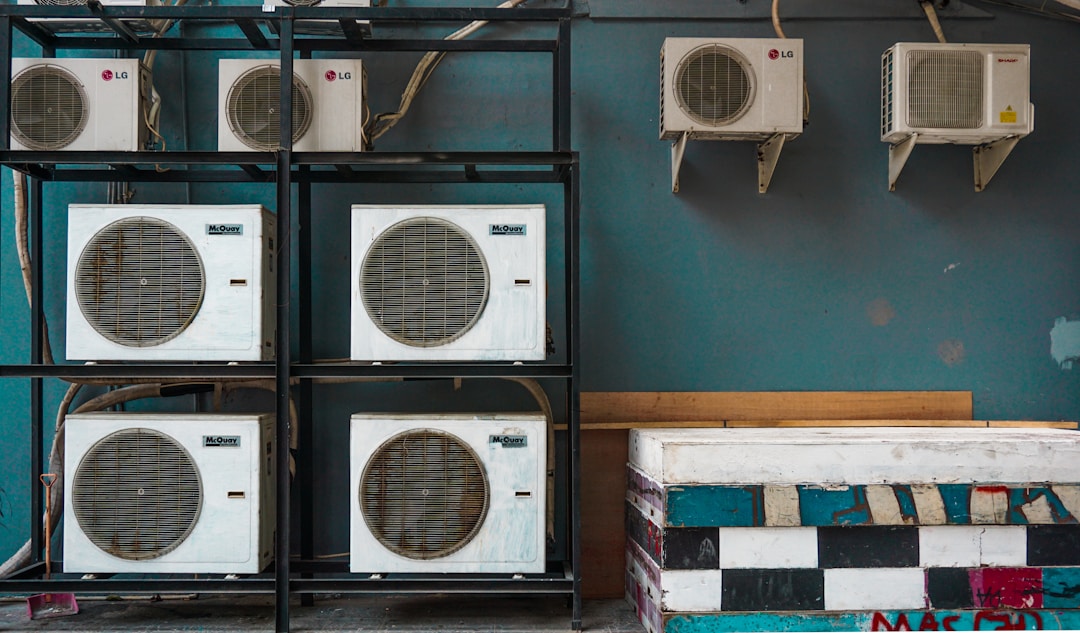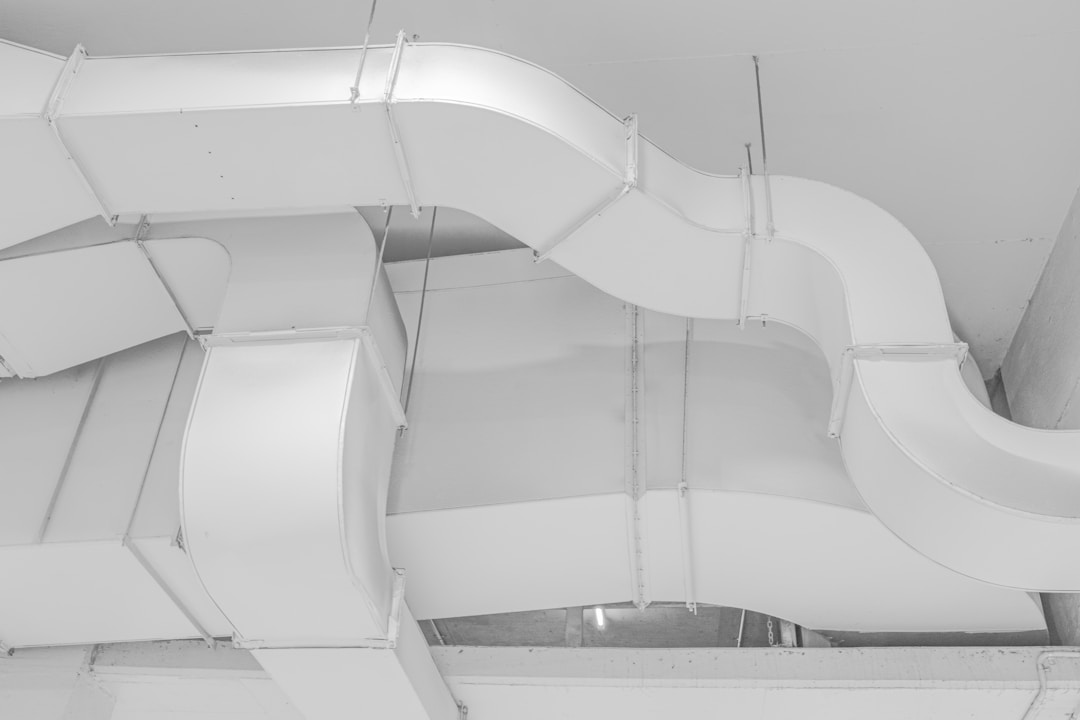For homeowners, indoor air quality is an important element of health and safety in the household. Primarily due to the COVID-19 pandemic, many people in the United States remain uncertain of the effects that air conditioner units and ventilation systems have on public health. The past year has brought more attention to the importance of HVAC systems than ever before.
With months of false information circulating throughout some social media and other online sources, homeowners have been left to filter false claims from accurate information regarding COVID-19 and indoor air quality. If you’re one of the many homeowners looking to debunk the misinformation surrounding HVAC systems, there are key points to keep in mind. Here, we will look at some of the false claims regarding the work of HVAC systems and how you can ensure your family’s health and safety through good indoor air quality.
HVAC Systems and Indoor Air Quality

Contrary to some of the disinformation online, HVAC units can actually improve indoor air quality. This is largely due to some of the most important functions of the air conditioner itself. Aside from providing a household’s inhabitants with comfort and convenience, an HVAC system’s ventilation is designed to remove contaminants that come from outside. Unlike what the false information concerning the work of HVAC systems claims, an HVAC’s air filters catch outside toxins and allergens within their mesh. This important function purifies the majority of the incoming and outgoing airflow, making the air more breathable for occupants.
When the many forms of organic air pollution are taken into consideration, the purifying abilities of a good HVAC system become much more apparent. Some of the most common allergens that can enter the household include pollen, pet dander, mold, and spores. If any of your family members suffer from asthma or similar respiratory illnesses, the threat of poor air quality can become very dangerous to their health. Luckily, there are numerous ways to enable your HVAC system to successfully do its job of cleaning your indoor air. Although erroneous accounts of disinformation have reported that diseases, such as COVID-19, are spread through indoor air circulation, a well-maintained HVAC actually helps prevent the spread of diseases.
Getting the Most From Your HVAC System

As mentioned, the ventilation and air filters in your HVAC are both important components in guaranteeing healthy air quality. If you’re concerned that your HVAC isn’t running at peak capacity for air purification, there are a few steps you can take to improve the unit’s functionality. The first place to begin is with the ductwork and filters, both of which require routine maintenance. Most HVAC technicians agree that ducts and vents should be professionally cleaned twice a year. Ideally, this type of comprehensive cleaning should take place before the summer and winter, which is when the air conditioner and heater tend to get the most amount of use, respectively. Likewise, you can change out the unit’s dirty filters yourself. Professional technicians recommend that you do this approximately every other month.
Despite the spread of misinformation, properly caring for your unit ensures that your air quality will always be at its peak breathability levels. A great way to guarantee that your home’s operating systems are functioning properly is to schedule regular maintenance before any yearly seasonal change. Aside from changing your filters and giving the ductwork it’s mandatory cleaning, a technician can inspect the air conditioner and heater for potential breakages or gas leaks. These tasks not only lower your monthly energy bills but also prevent costly machine breakdowns. Most importantly, however, regular maintenance can help ensure that your family has the very best indoor air quality for years to come.
